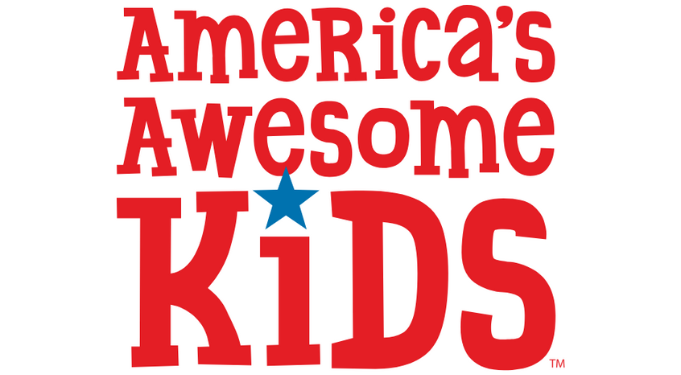A newly formed group of civic-minded and environmental organizations have teamed up to produce a climate change guide for West Virginians.
The 16-page document, released Monday by the West Virginia Climate Alliance, is called “The Citizen’s Guide To Climate Change.”
The goal, according to alliance member Perry Bryant, is not to endorse a certain climate change policy proposal, but to lay out the basic science of what is causing climate change and some of the solutions.
“This publication was designed to begin a dialogue with the citizens of West Virginia,” he said. “ In order to have that dialogue, we thought it was really important for people to have a very clear understanding of what [is] the basic science of what’s causing climate change.”
The guide pulls from scientific studies and the work of U.S. and international agencies including the United Nations’ Intergovernmental Panel on Climate Change.
According to the guide, West Virginia can expect to see more frequent and severe rainfall events, which can lead to flooding. The Mountain State is also expected to see temperatures increase by nearly 8 degrees Fahrenheit by the end of the century if action isn’t taken to reduce greenhouse gas emissions.
Climate change will especially impact the state’s most vulnerable residents, including children, the elderly, communities of color, low-income communities and those with pre-existing conditions, said Pam Nixon, with the NAACP in Charleston and former environmental advocate for the West Virginia Department of Environmental Protection. These groups may lack the resources to retrofit their homes to withstand more severe weather and will pay a disproportionate amount of their income in higher electricity costs.
“When disaster hits, they’re more likely to be displaced from their homes, they may run out of fear medications or lose them,” she said. “They have a lack of transportation. They lose contact with family members and even become unemployed as we’ve seen during COVID-19. The stress can lead to mental health issues that can take years for recovery if at all.”
Talking about climate change in a resource-heavy state, can be tough, Bryant said. According to data from the Yale Program on Climate Change Communication, on average, 59 percent of West Virignians think climate change is happening. That’s about 13 points lower than the nation as a whole.
Alliance members said they expect climate legislation to be taken up by Congress in 2021, regardless of who is elected president, and West Virginia, which for decades has fueled the nation, needs to be included in the conversation as to how the country transitions to a cleaner economy. Specifically, the group hopes environmental justice and a just transition are included in any policy proposals.
A just transition recognizes that communities that produce fossil fuels, such as coal miners and power plant workers, are going to be disproportionately impacted by policies that decarbonize the economy. As such, these communities need to be compensated for this loss. It’s an idea gaining traction with some groups in Appalachia.
“It’s really important that West Virginians who are dependent on carbon — we have a very heavy carbon economy and we’re going to be impacted by this — to know what are the various proposals and how it’s going to impact West Virginia,” Bryant said.
Proposals include things such putting a price on carbon, either through a tax or by the development of a cap-and-trade program, and more sweeping plans such as the Green New Deal, which calls for billions in investment to transition to a low-carbon economy by requiring 100 percent renewable electricity by 2035.
“There’s an old adage that if you’re not at the table, you’re on the menu, and I think that applies in this situation,” he said.






















